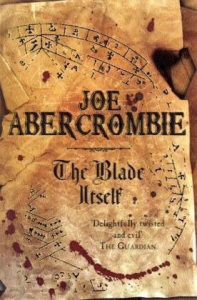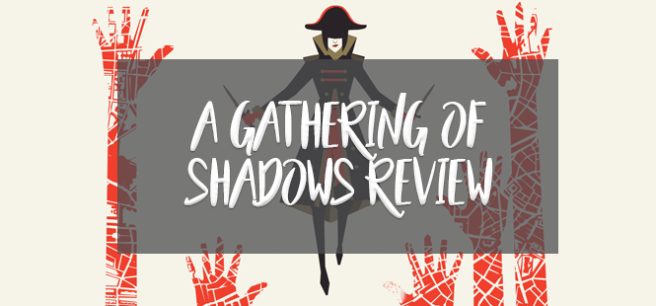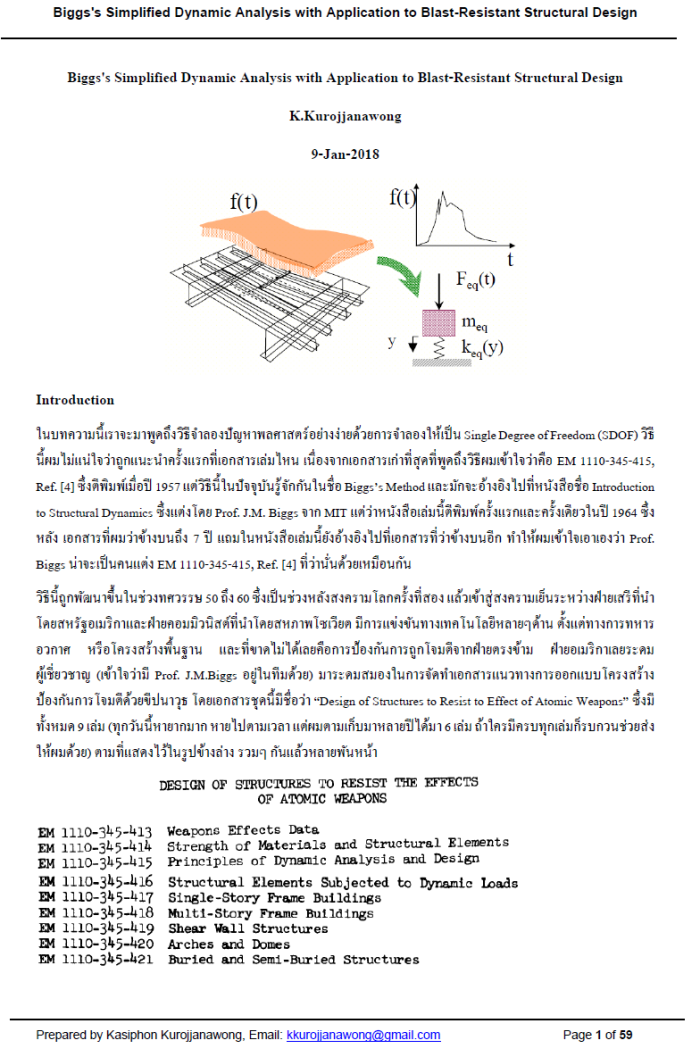
The first entry in the First Law trilogy, an immensely popular fantasy epic among those who like that sort of thing (I include myself). Abercrombie was one of the essential voices in establishing the “grimdark” subgenre of epic fantasy that came up in the ‘90s and ‘00s. Inspired perhaps by George RR Martin’s A Song of Ice and Fire, and joining writers like Steven Erikson, R. Scott Bakker and Mark Lawrence to tell tales full of violence and morally grey characters.
I’ve seen these books standing in stores for nearly a decade now – a testament to their ongoing popularity. They have made history already, inspired other writers, and the greyness and grittiness may not be as fresh anymore as they were when these books first came out. Many writers followed down the same path. But good writing is good writing, and Abercrombie still surprised me with a good, solid fantasy novel and some memorable characters.
Abercrombie’s grimdark approach has the kind of grittiness where you can feel the wet dirt and pine needles under your fingernails in cold, muddy forests. He has an intimate narration style in which he dives into his characters’ thoughts and gives descriptive close-ups in the action, and so creates a sense of “realism”, or at least a full sensory immersion. His series is not as full of violence as I expected from the cover, really, and he has an excellent command of establishing compelling characters and writing action.
The Blade Itself is strongly about characters and less about plot. Story-wise, the book is more an introduction to the series and a slow burn towards bad stuff happening. As such, the book starts lagging in the middle, because nothing seems to be moving forward. The quality of his prose jumps and dips from one chapter to another. The first chapters have some strong introductions, but, later, it comes across as a bit try hard with everyone speaking with exclamation marks and grunting and snarling. I found some of his characters’ reactions a bit far-fetched. It’s obviously a debut novel with some rough edges.
But Abercrombie has a delightfully twisted and deadpan humor that keeps the prose fresh and easily digestible. It’s prose that shows great promise, and luckily for us, he kept writing. So, with no plot to speak of, all the focus is on a couple of flamboyant characters and dark humor. Two characters in particular stand out.
Logen Ninefingers and his journey reminded me of the film The Revenant where Leonardo DiCaprio crawls through the mud, foaming at the mouth. Logan is the no-nonsense “cool barbarian” with a violent past, who got experienced and tired of it all. Inquisitor Glokta is the wonderfully disgusting bastard, head of the King’s inquisition. He used to be a great swordsman, but with his body broken by torture and always walking with his distinctive cane, all he is now is cynical. He’s still sharp and lost the ability to fear or to care about anything, really.
Two other main characters were just a bit so-so. Jezal the arrogant noble youth might have been an inspiration for Mark Lawrence’s Jalan in his Red Queen’s War series, but he didn’t inspire me.
I have to admit, I find it hard to understand how The Blade Itself is a breakthrough in anything. The plot and world-building are very standard, with a faux-medieval kingdom, a sultanate, barbarians and non-humans in the north and featuring a barbarian, a lordling and a wizard. I’ve read a million books like them. Perhaps if I had read this series before starting on Mark Lawrence and R. Scott Bakker, it had made a bigger splash. What it has going for it is that it’s a very solid variation on a theme, with a couple of interesting characters and the prose slants entertainingly towards sarcasm. I do hope that the next novel will turn the First Law books into a more distinctive series.
7.5/10
Advertisements Share this:




